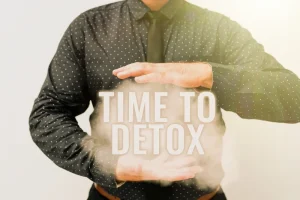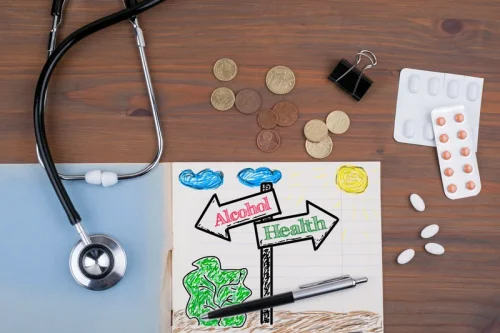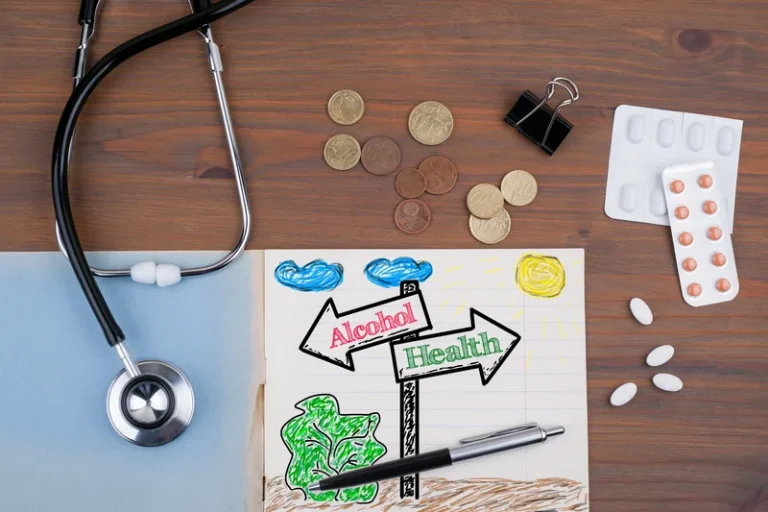
The other group that may get this skin flushing reaction are people who have an alcohol-related hypertensive disorder. There is no direct health threat from either of these sweating episodes, but the sweat and flushness can be uncomfortable. The best way to reduce both of these skin reactions is to reduce or eliminate alcohol consumption entirely. Long-term drinkers are also more likely to be battling an alcohol substance use disorder, which means they are more likely to deal with alcohol withdrawal. One of the symptoms of alcohol withdrawal is perspiration and night sweats.
Alcohol Detox Process
- Besides this, if you’re drinking while seated in a crowded, poorly ventilated place, you might also feel overheated.
- Some individuals could improve their symptoms by limiting the amount of alcohol they consume.
- Alcohol withdrawal can trigger a cascade of unpleasant symptoms, including night sweats.
- You should also speak to your doctor if you think another underlying health condition may cause your night sweats.
It can happen with any type of protein, including meat, but it’s more common for infants to have intolerances to proteins in cow’s milk and other dairy products. Excessive sweating can also trigger seborrheic dermatitis (dandruff), especially in those naturally prone to this condition. While sweating does use up some energy—since the body expends energy to heat the water produced by sweat glands—the amount of calories burned purely through sweating is quite minimal. Weekley shares that the main source of calorie burn during exercise is the activity of the muscles, not the production of sweat. On top of that, the overall process of metabolising alcohol and shifts in blood supply can give off more heat and cause additional flushing.
Night sweats and alcohol withdrawal
When your body has this mutation, it can’t produce the enzymes that break down the toxins in alcohol. If you experience these symptoms along with regular night sweats, you may be going through alcohol withdrawal. Alcohol affects the central nervous system, the circulatory system, and virtually every part of your body. Drinking can increase your heart rate and widen blood vessels in your skin. Ironically, alcohol may temporarily relieve hot flashes, but at a cost. The dehydration and increased blood pressure brought drug addiction on by drinking ultimately make hot flashes worse.
Alcohol detox and rehabilitation
A lot of it has to do with the process of breaking down alcohol, which we can’t change. With that said, you can step outside and get some fresh air when you start to feel the heat from drinking. Alcohol withdrawal can be life-threatening without medical supervision. Detox programs provide a safe, supportive environment to get sober. Medications help ease cravings and manage symptoms like night sweats.

Like all other food and drinks, alcohol is metabolized after being ingested and absorbed in the intestines. Alcohol metabolism takes place in the liver which produces enzymes to break down alcohol before the molecules are absorbed by the cells. This process takes time, and the liver can only break down a limited amount of alcohol in an hour – approximately one 12-ounce serving of beer or about 5 ounces of wine. When one consumes alcohol at a faster rate than this, accumulation of the substance takes place in the blood, leading to side effects such as sweating.
- People experiencing alcohol withdrawal relating to alcohol dependency should consider seeking urgent medical attention.
- The intensity peaks around hours as your body rids itself of the toxins.
- If your mood is in the gutter or you’re experiencing hangxiety, the endorphins, norepinephrine, and other neurotransmitters released during exercise might make you feel better.
If you have been drinking an excessive amount of beer, or you regularly consume beer, you may end up experiencing night sweats due to alcohol consumption or alcohol withdrawal. Remember that night sweats can also be a sign of an underlying medical condition or lifestyle factor. In some cases, cutting back on or quitting alcohol may be one component of this plan. You should also speak to your doctor if you think another underlying health condition may cause your night sweats. They may be able to suggest medications, lifestyle changes, or therapies that can help reduce the symptoms of alcohol withdrawal and substance abuse. Alcohol night sweats refer to the occurrence of excessive sweating during https://ecosoberhouse.com/ the night, often affecting the face, chest, back, and arms.
- There are over the counter supplements that can help process acetaldehyde faster to avoid these side effects however.
- Excessive sweating is one of the initial withdrawal symptoms along with insomnia, nausea and tremors as the body physiologically reacts to stopping alcohol consumption.
- You can meet with a specialized physician, such as myself, to learn more about treatment options, including medication to stop drinking and specialized alcohol therapy.
- Drinking alcohol in moderation can fit into a healthy lifestyle.
- In some cases, cutting back on or quitting alcohol may be one component of this plan.
Wear breathable clothing
You can learn more about why alcohol can make your hyperhidrosis worse and cause your body to produce more sweat. Because alcohol increases blood flow and often causes sensations of overheating or excessive perspiration, heavy drinking is especially risky in cold weather. While alcohol makes us feel warmer, it also inhibits our biological functions that actually help raise body temperature, such as shivering does beer make you sweat and respiratory rate.
Alcohol Withdrawal

There are a few reasons why you might get sweaty when drinking alcohol, and many of these reasons are interdependent. Some might confuse this condition with an alcohol allergy, but that is actually extremely rare. If you feel these types of symptoms when drinking alcohol, but to an extreme level, it’s important to speak to your doctor before drinking alcohol again. All three of these conditions happen for different reasons, and can vary in severity.
Finding relief for night sweats from alcohol
If you experience persistent or severe night sweats after drinking alcohol, it is advisable to seek medical advice to determine the underlying cause and appropriate treatment options. In addition to alcohol consumption, underlying health conditions can also influence the occurrence of night sweats. Individuals with pre-existing medical conditions such as diabetes, hyperthyroidism, or infections may be more susceptible to night sweats, which can be exacerbated by alcohol consumption. Furthermore, certain medications used to treat these conditions may interact with alcohol and contribute to sweating episodes during sleep. It’s vital to keep in mind that these are only the mild symptoms of withdrawal.

Other factors
When alcohol stimulates the hypothalamus, you might get sweaty (and ready to chug a gallon of water while scarfing nachos). I’ll explore all of them, but first, let’s start with why you sweat when you drink. This article will use the terms “male,” “female,” or both to refer to sex assigned at birth. It takes the liver approximately one hour to metabolize a 12-ounce beer or 5 ounces of wine.